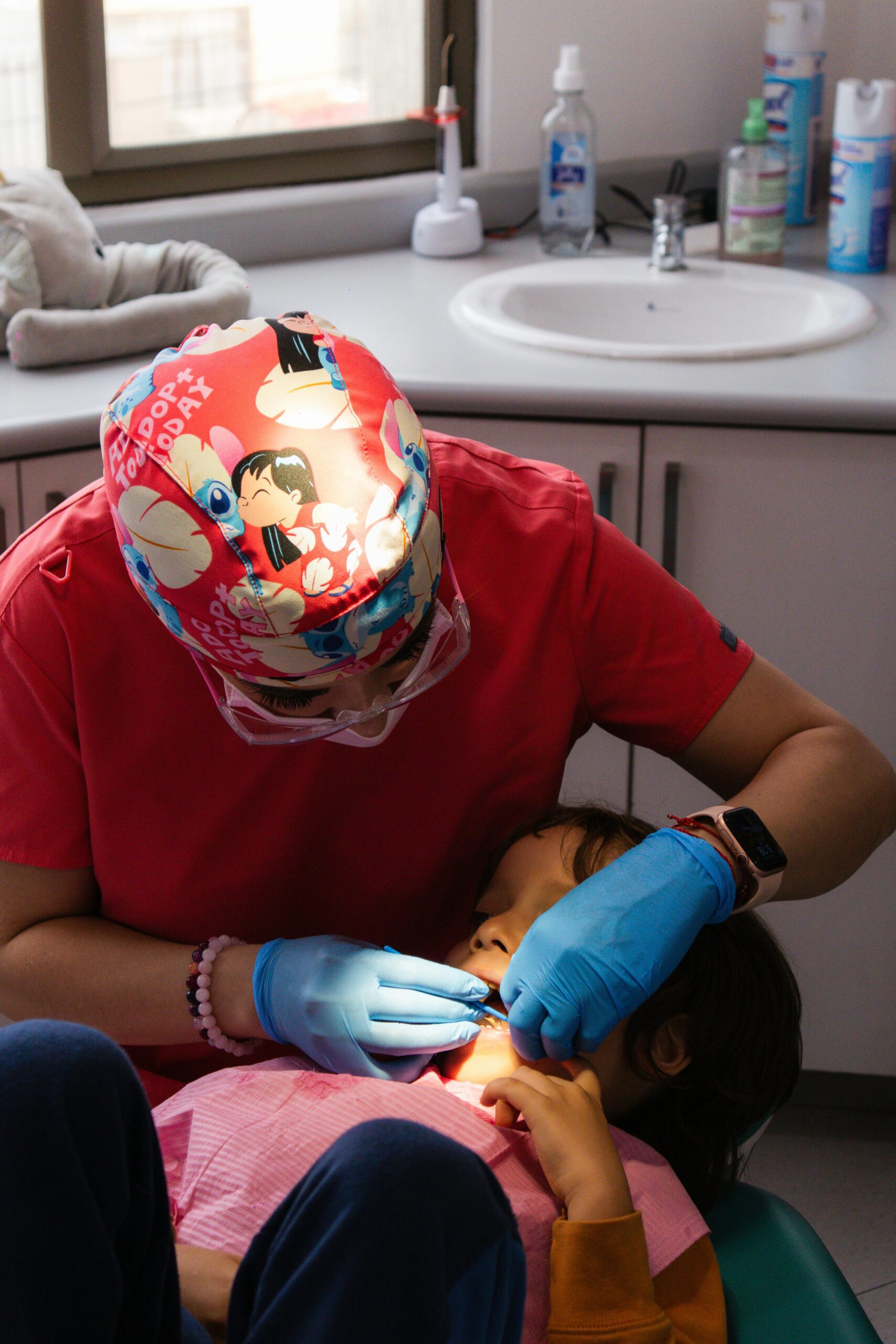May 5 is Missing and Murdered Indigenous Persons Awareness Day
LANSING, MI – Sunday, May 5 is Missing and Murdered Indigenous Persons (MMIP) Awareness Day and serves as an opportunity to raise awareness, honor the countless lives that have been lost and address violence against Indigenous communities – particularly women and girls. The Michigan Domestic and Sexual Violence Prevention and Treatment Board has once again issued a resolution acknowledging MMIP Awareness Day and encourages all Michiganders to attend gatherings and marches hosted by federally recognized tribes throughout Michigan.
“The needs surrounding missing and murdered women and Indigenous people are long-standing issues connected to this country’s history of assimilation polices,” said the Hon. Melissa Pope, chief judge of the Nottawaseppi Huron Band of the Potawatomi Tribal Court, chief justice of the Little River Band of Ottawa Indians Tribal Court and member of the Michigan Domestic and Sexual Violence Prevention and Treatment Board. “We need allies in this work, and we need every advocate to remember the historical trauma and suffering of Indigenous people throughout the U.S., including Alaska and Hawaii. I am honored to represent the board at the March for MMIP in Grand Rapids on May 3 and encourage all Michiganders to attend local events that recognize the lives of murdered and missing Indigenous people and relatives.”
Cases of missing and murdered Indigenous people – particularly women and girls – are underreported, under-investigated and remain unsolved throughout the U.S. According to the Centers for Disease Control and Prevention, in 2021 homicide was the eighth leading cause of death among American Indian/Alaska Native females. Research published by the National Institute of Justice indicates that more than four in five American Indian and Alaska Native women – over 84% – have experienced violence in their lifetime, including stalking, sexual violence and physical abuse by an intimate partner.
The Michigan Department of Health and Human Services (MDHHS) Division of Victim Services (DVS) partners with federally recognized tribes in Michigan and provides funding for sexual assault, domestic violence and victims services programs that offer services to individual survivors with a culturally honoring approach. Services include a Sexual Assault Nurse Examiner program, shelter, victim rights advocacy, victim advocates, housing relocation assistance and individual client assistance. DVS also funds the StrongHearts Native Helpline, which is an anonymous and confidential domestic and sexual violence helpline for Native Americans and Alaska Natives offering culturally appropriate support and advocacy.
“As an advocate for all victims of crime in our state, the Michigan Department of Health and Human Services though our Division of Victim Services believes it’s important to remember Indigenous people in Michigan and their families who have suffered as a result of acts of violence,” said Elizabeth Hertel, MDHHS director. “We are committed to raising awareness of this crisis and will continue to work with our tribal partners to provide financial support to community-based services for crime survivors.”
“For too long, missing and murdered Indigenous people and their relatives have not received the supportive care, programs and services they need and deserve,” said the Hon. Libby Hines (Ret.), chair of the Michigan Domestic and Sexual Violence Prevention and Treatment Board. “Our board is committed to improving services and state laws and policies as we work to prevent these egregious acts of violence and pursue justice and safety for all Indigenous people in Michigan.”
To contact the StrongHearts helpline, call 844-7NATIVE (762-8483) or visit Strongheartshelpline.org to chat with an advocate.
To learn more about Michigan’s federally recognized tribes in your area, visit Federally Recognized Tribes in Michigan.
More information about the March for MMIP in Grand Rapids on May 3 is available online.



